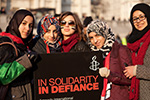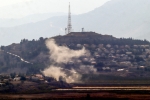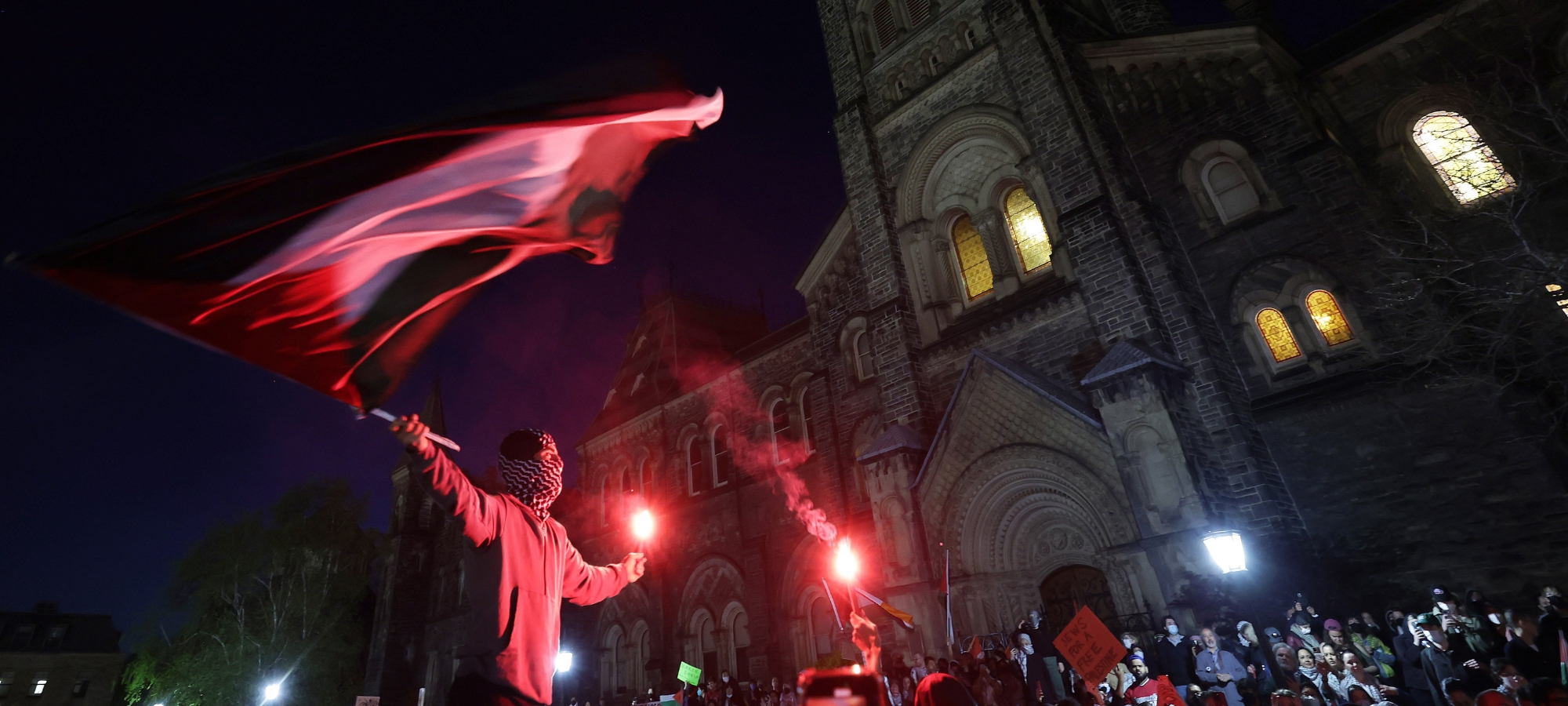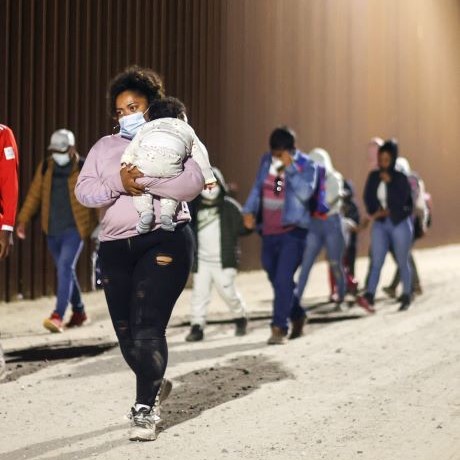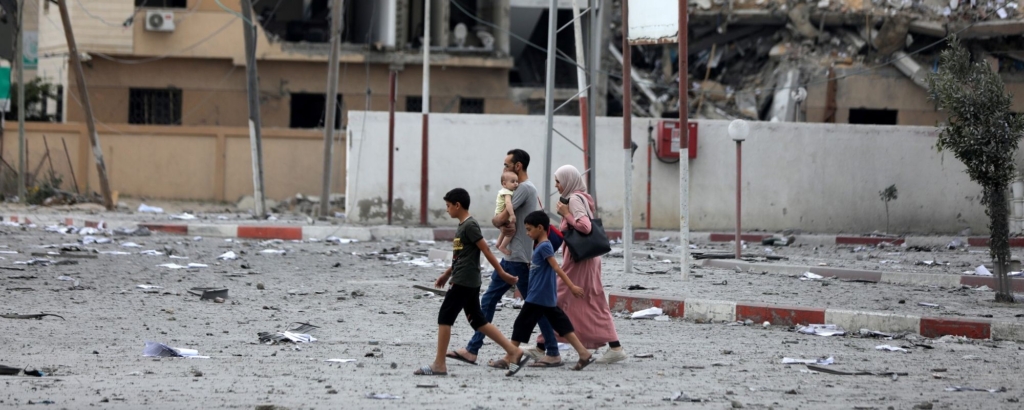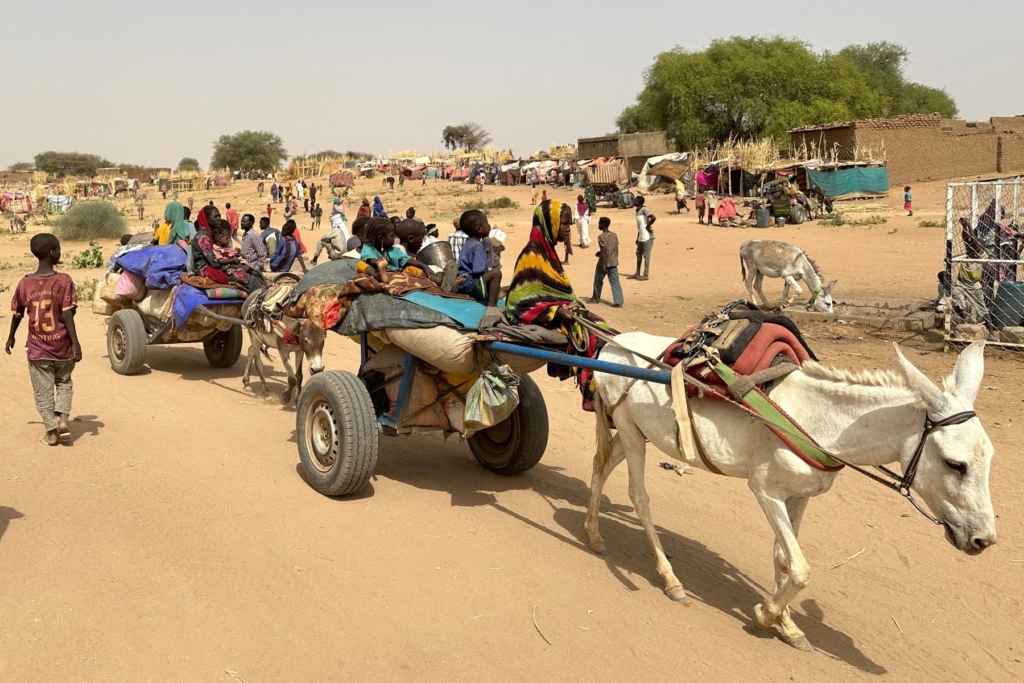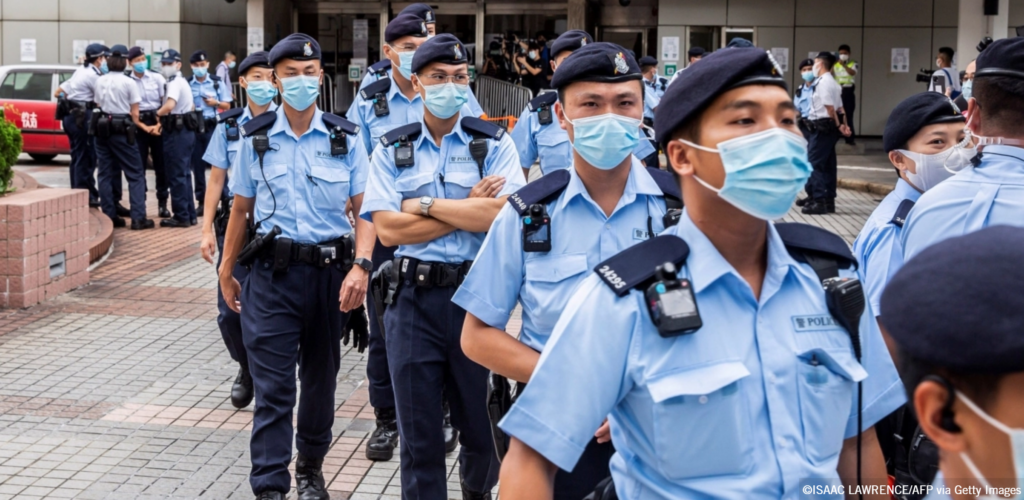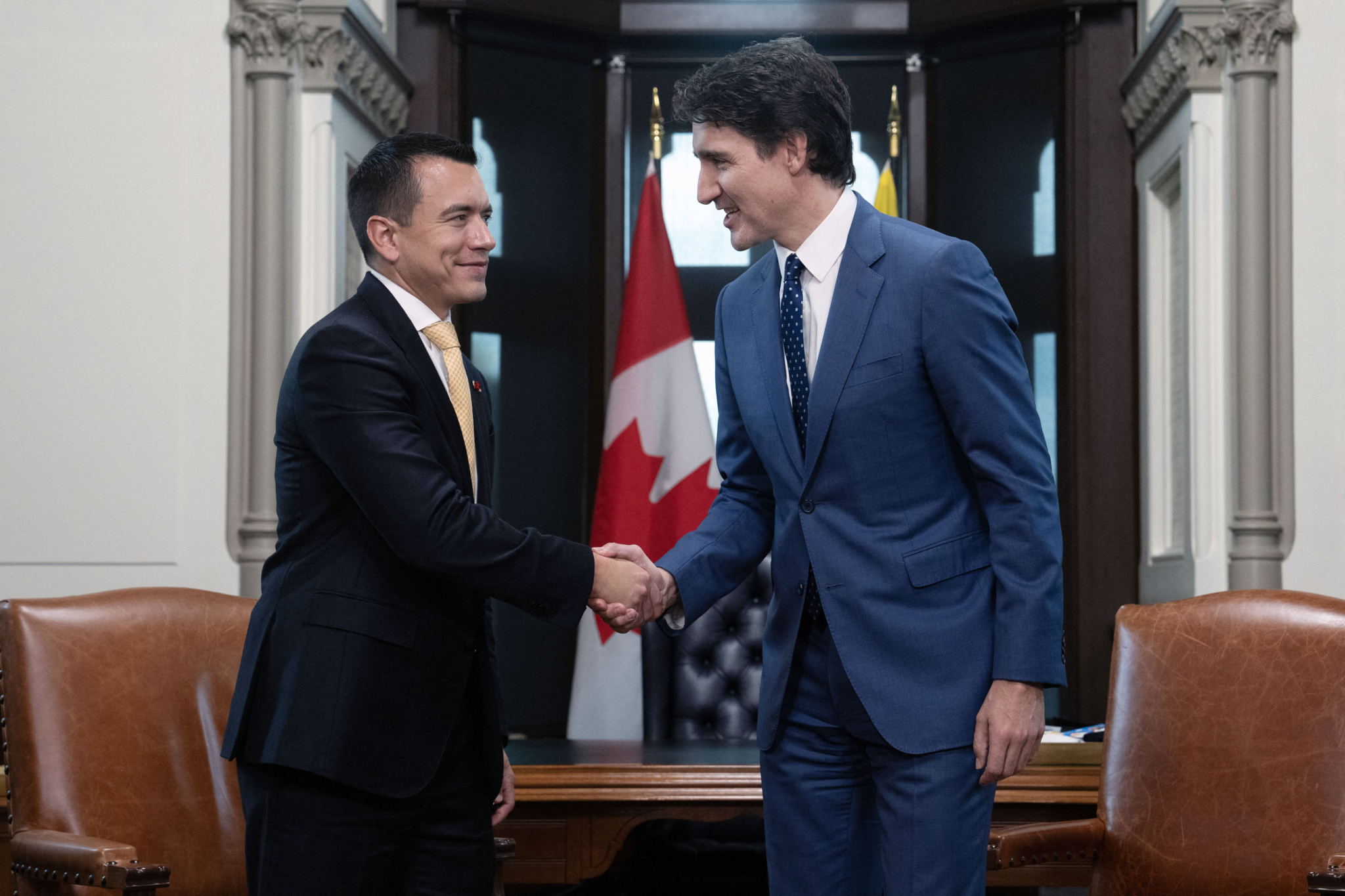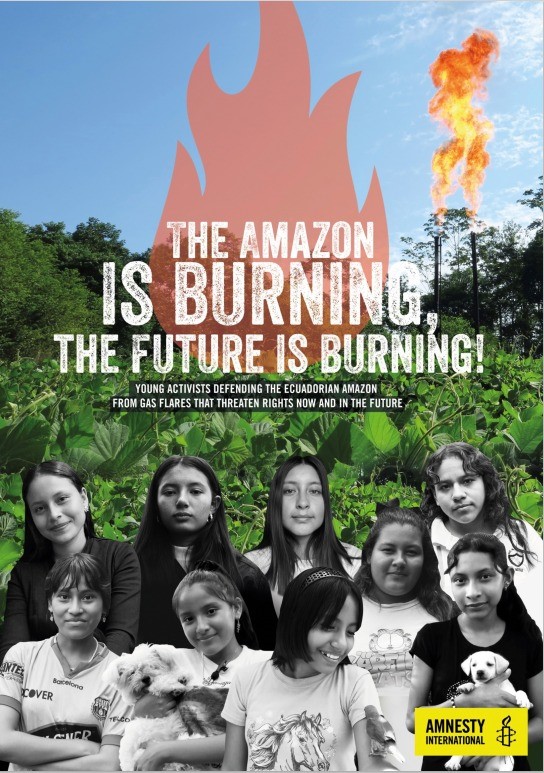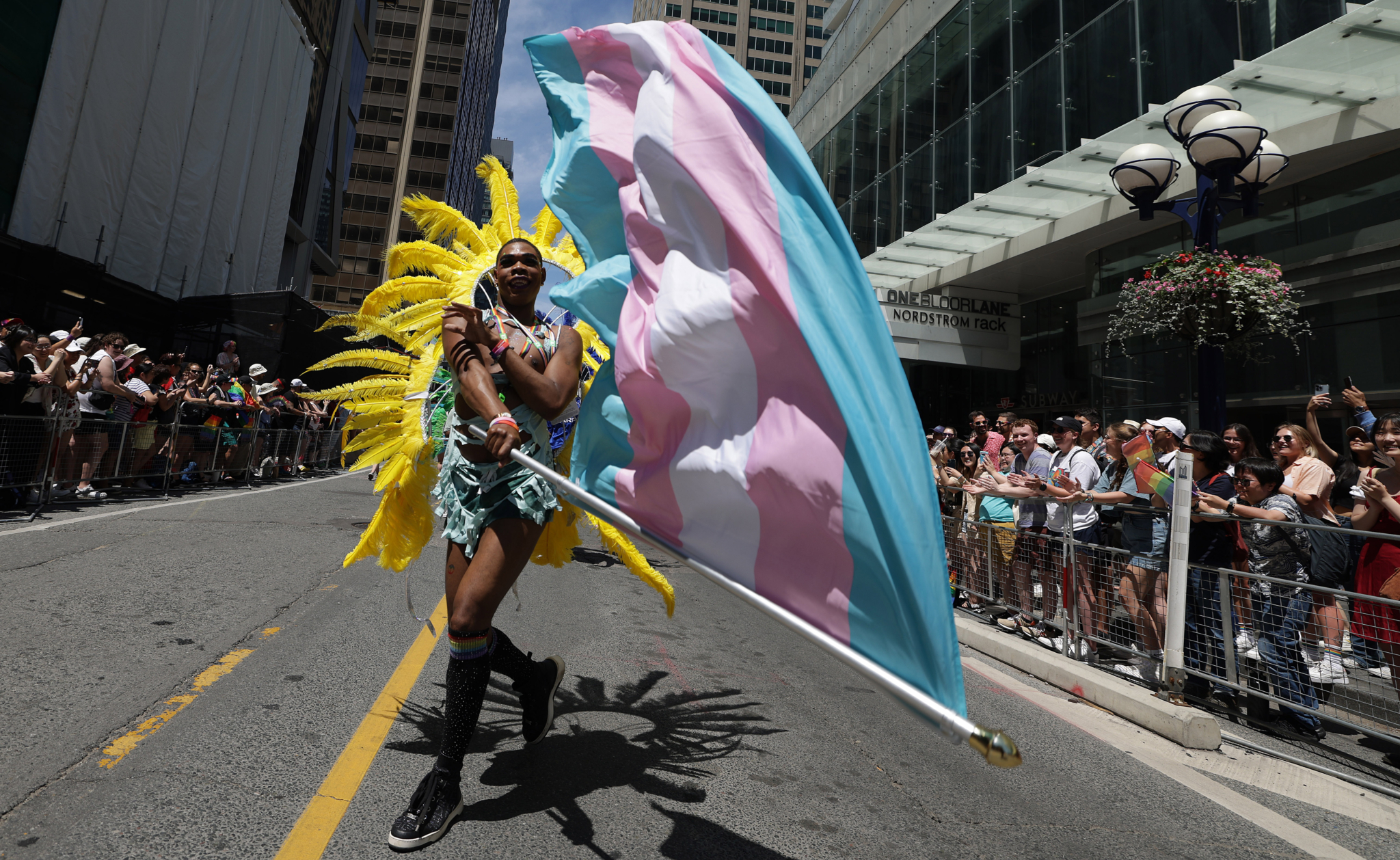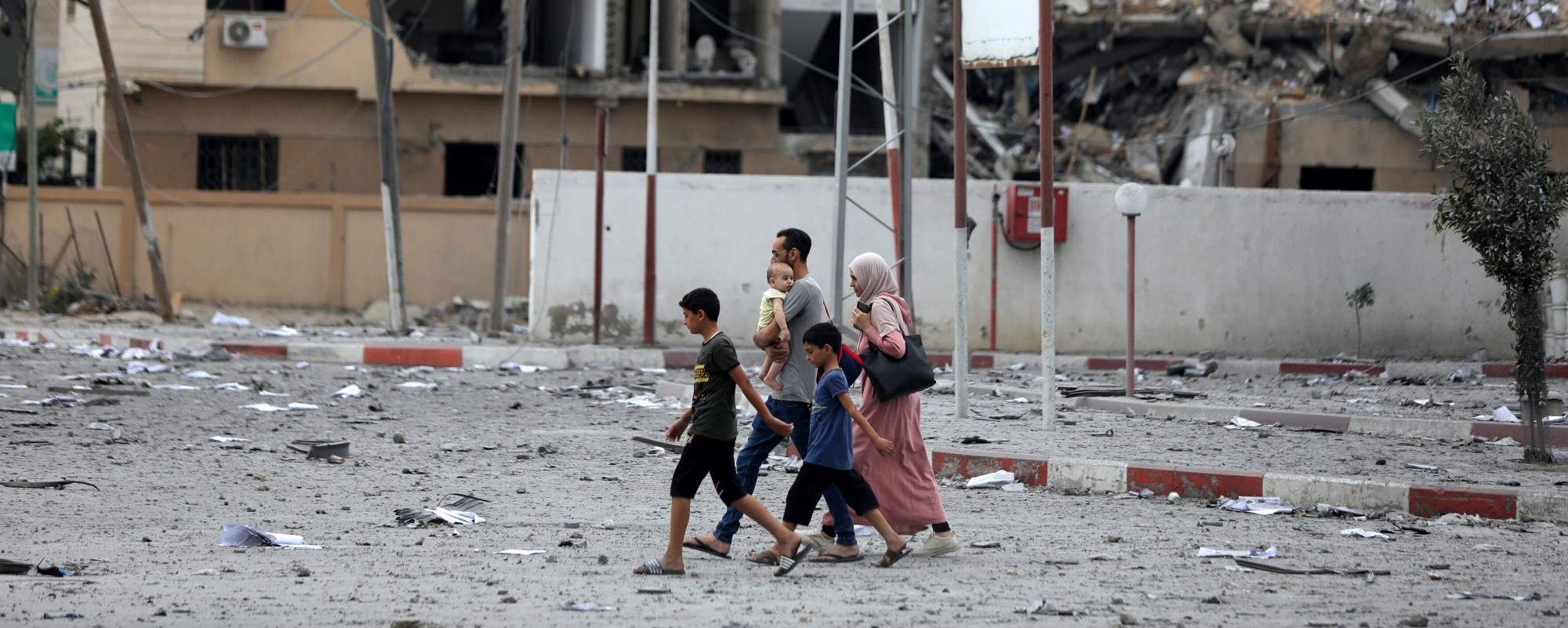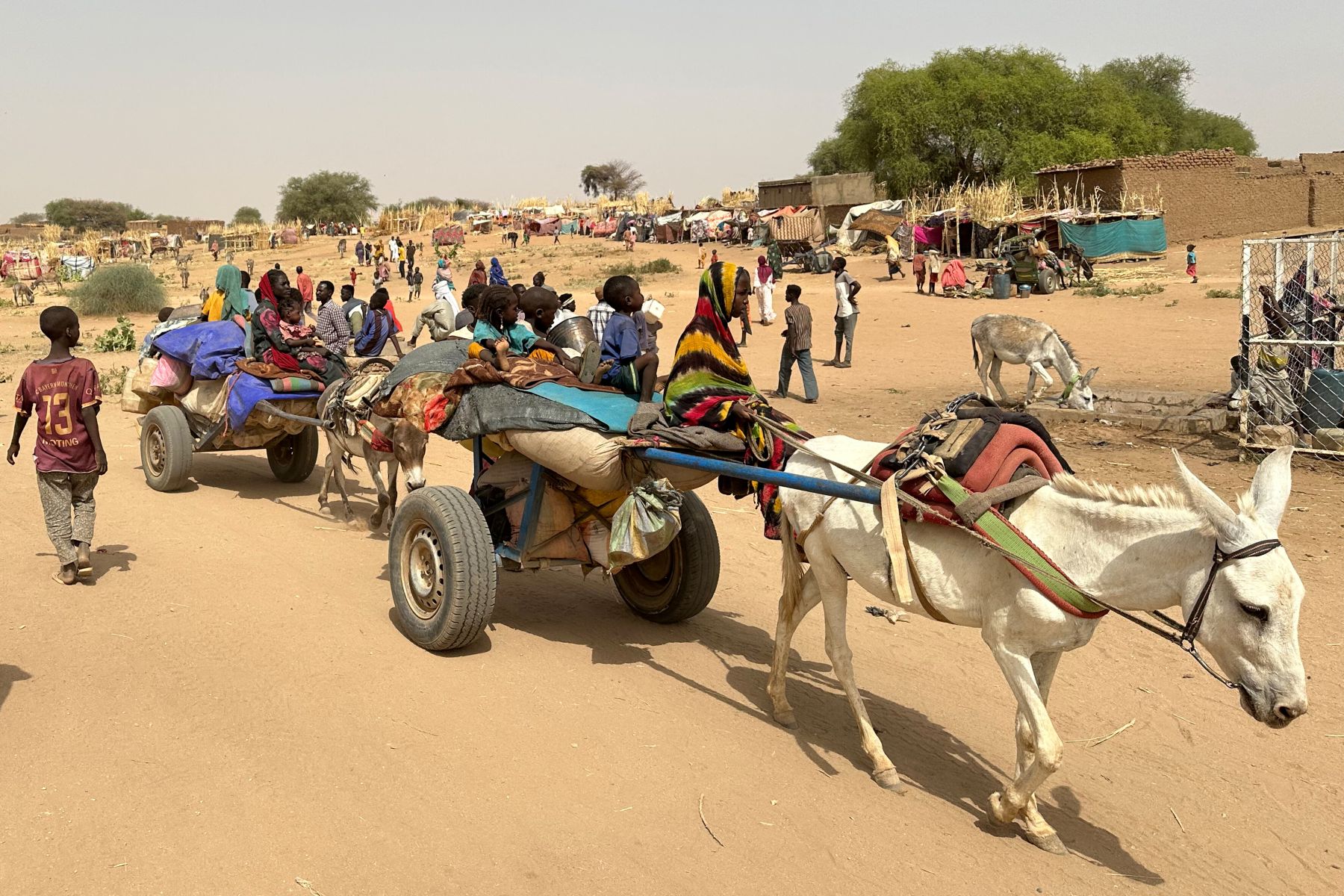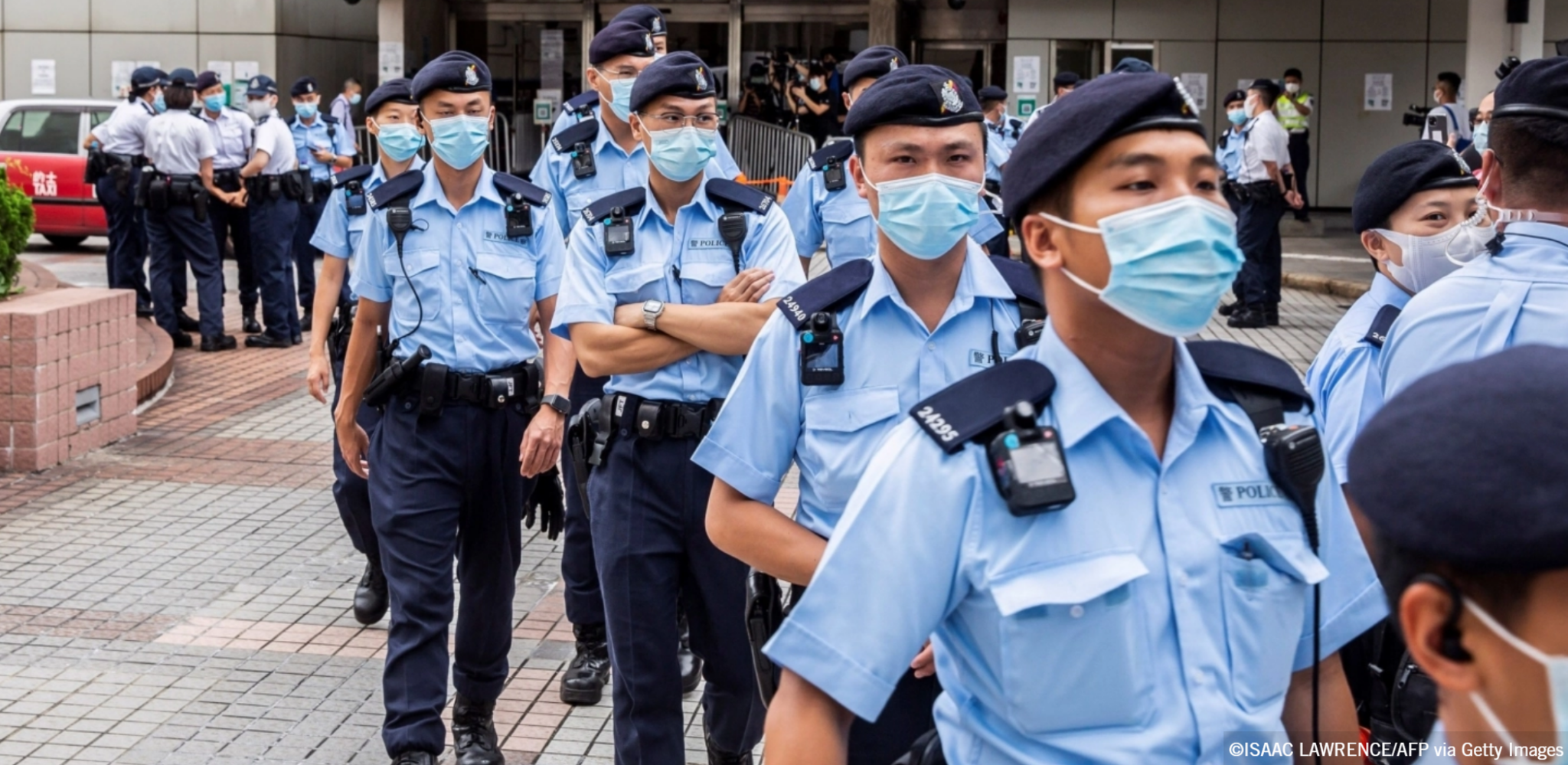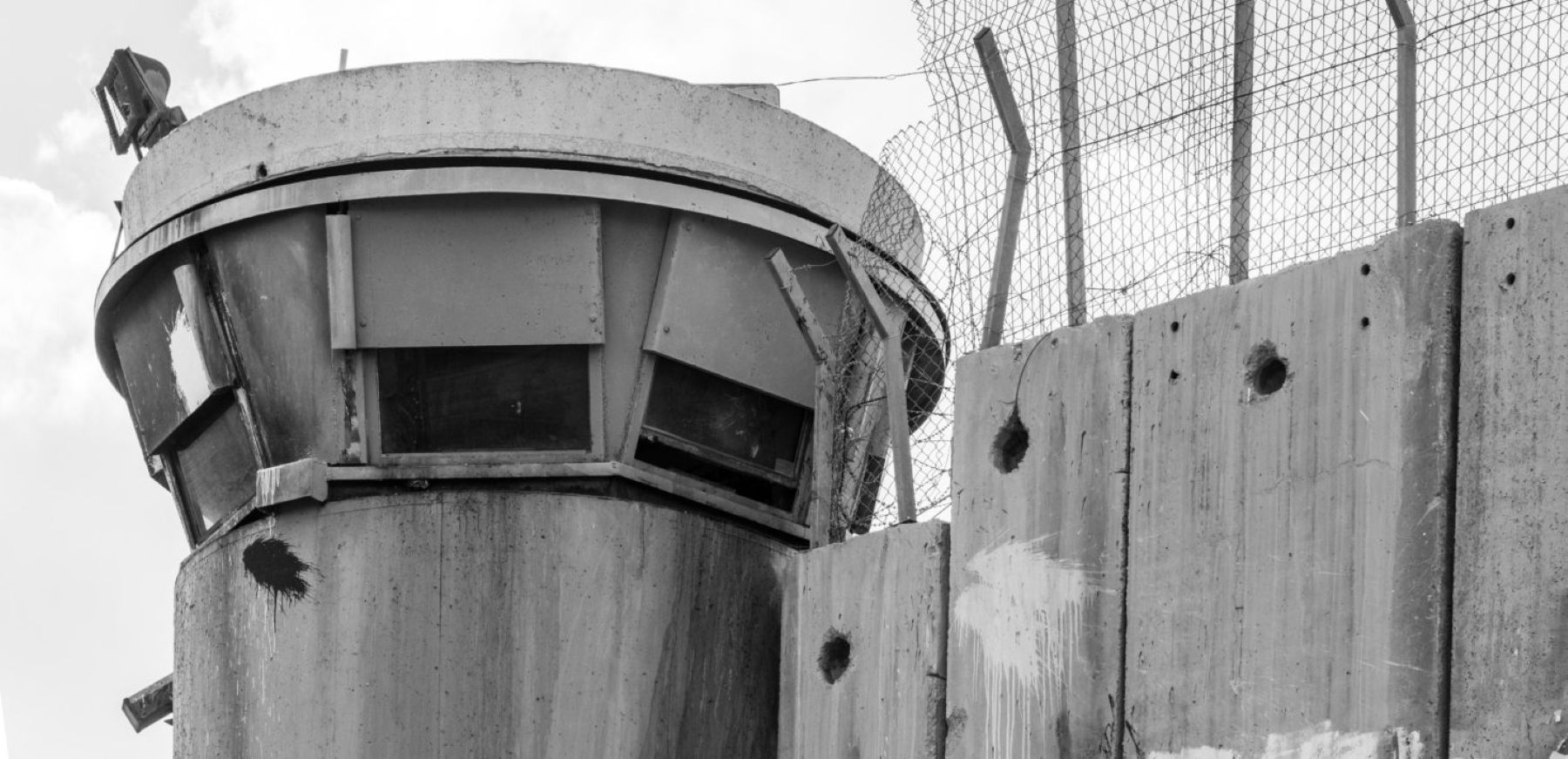Amnesty International Canada is gravely concerned by the University of Toronto’s announced plan to issue a trespass notice on Friday afternoon to people in the protest encampment on the university’s St. George campus.
“We urgently call on the university administration not to issue an order of trespass and to instead engage in constructive dialogue with the community in the encampment and to facilitate the exercise of the rights to peaceful assembly and freedom of expression,” said Ketty Nivyabandi, Secretary General of Amnesty International Canada’s English-speaking section. “The university has a duty to respect the rights of students to peacefully protest and counter-protest on their campuses. The administration must not call upon law enforcement to disperse a peaceful protest. Moreover, anyone who participates in a peaceful assembly to raise awareness about violations of international human rights is a human rights defender and should be protected as such.”
The rights to peaceful assembly and freedom of expression are guaranteed under international law and the Canadian Charter of Rights and Freedoms. Amnesty International Canada cautions that these rights must be prioritized in the university’s decision-making during convocation season and year-round.
The University of Toronto’s administration must ensure that community members can defend human rights without fear of intimidation or the use of force, Nivyabandi said. “Law enforcement should not and must not be used to criminalize basic rights. We have seen how quickly this practice escalates tensions and seriously undermines the potential for any rights-respecting resolution. We also have seen several positive examples of universities using dialogue to peacefully address the concerns of student protesters.”
Law enforcement, if called to the encampment, must prioritize the protection and facilitation of the rights to peaceful protest and free expression, Nivyabandi added. Dispersing a protest should only be used as an extraordinary measure of last resort in response to widespread and serious violence that cannot be reasonably addressed through more peaceful measures.
If law enforcement is called to forcibly remove the encampments, they must strictly adhere to the rules on the use of force, seek to de-escalate situations that might result in violence, and exhaust non-violent means. Any use of force must comply with the fundamental principles of legality, necessity, proportionality, precaution, and non-discrimination.
Header photo credit: Steve Russell/Toronto Star via Getty Images










